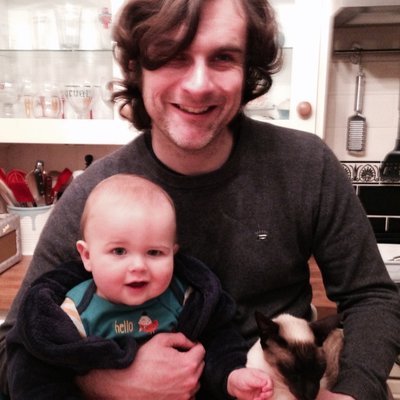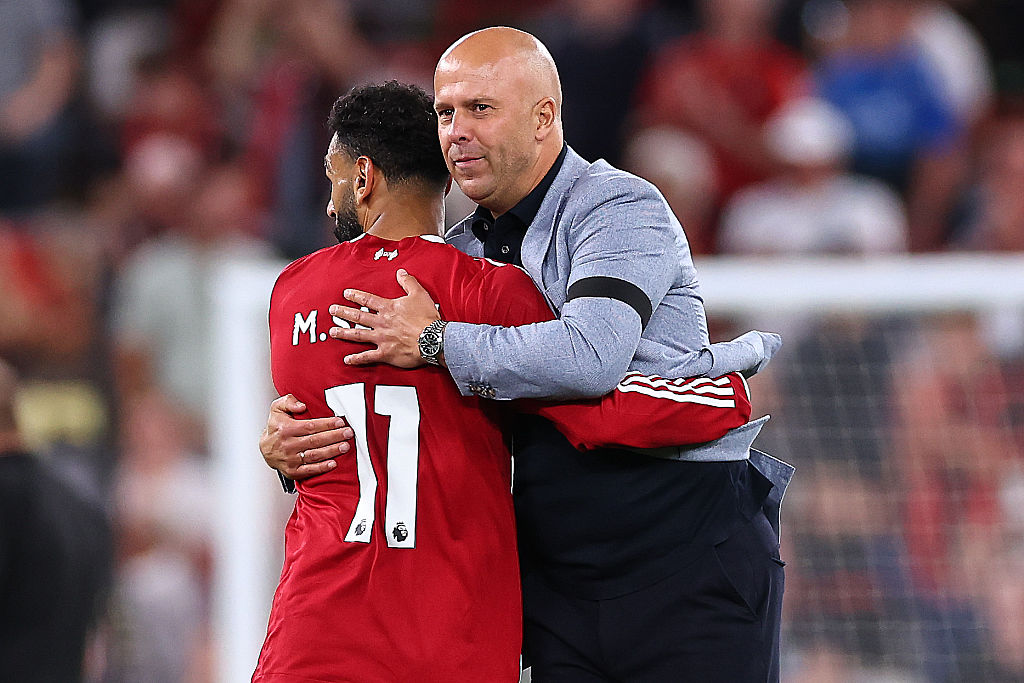Fabio Capello
"It's very important that the players know I respect them all equally, but I can't treat them all the same because they don’t all respond in the same way"
Fabio Capello looks genuinely pleased when told that FourFourTwo have named him the best coach in the world during our first 150 issues. But if he's pleased, he is also rather surprised, throwing his hands in the air to say, “Who me?”
Yes, Fabio, you. Why? Because when FourFourTwo launched in 1994, Capello’s AC Milan side had just racked up a third successive Scudetto and hammered Johan Cruyff's Barcelona Dream Team 4-0 to win the European Cup. Since then he has won the Italian league with three different clubs and La Liga in his one and only season in Spain with Real Madrid.
And now, after three years of winning nothing, of not even getting close, Real Madrid are competing at last. You may not like his style, but he certainly gets results. The question is: how? And that's what we're here to find out.
You’ve had unrivalled success over the last 15 years. What's the secret?
Wherever you go, you have to be absolutely convinced about your vision of football, but you also have to be prepared to work with humility. You have to look closely at the players you have, analyse them and know how to bring the very best out of every single one. How do you do that? By finding a playing style, a system, that allows the players to produce their best and by demanding that they make the greatest effort. They have to give everything when it comes to hard work and application; then, the way you play depends on the level of talent they can offer, their style. That's how you get the best out of them in a technical and tactical sense.
You do have a certain “Capello model”, but do you have to change it according to the club?
Always, always. That's fundamental. Every club is different. The environment, the "climate", is different, they live football differently and you have to know where you are. Within the framework laid down by the club, you identify the things you like, the things you can use to achieve results, but you always have to respect the way that clubs live. Everyone has their idea of what’s the right style, the right system, but that's always going to depend on the club and the players you have. The most important thing is results. That's is not philosophy, it's a fact.
What are the major differences between the clubs you have coached?
Juventus is like a machine. Everything is done in a certain way and everyone knows exactly how it works. [Gesticulating] Bang-bang-bang, and there it is. It's like a construction line in a car factory. You have to use that structure to build a good car, a car that you can sell. You have to give it a style, a model. But that always depends on the players that you have; you can't play the same style if you don’t have the same players. Roma is a club that is not used to wining all the time, like Milan or Juventus, so you have to work especially hard on the players' heads. You win a game there and you're world champions; you lose one and blah-blah-blah, it's a disaster. There's no sense of balance.
Did you have to change the way they think at Roma?
Yes! Think. Work. Everything. Every day, every day, every day… work, work, work.
The best features, fun and footballing quizzes, straight to your inbox every week.
What about Milan and Madrid?
At Milan there's always hope and expectation, everyone works with a great sense of illusion, aiming to be the best. Madrid, the first time round, had just had a very bad year. I had to unite them as a group of players very quickly. That's fundamental at any club: getting a group of players who are convinced by what you want to do, who follow the coach, who put in the work, who are aware of their obligations on and off the pitch. If you don’t have a good group with leaders, you won't get anywhere, whatever club you're at.
How do you convince those players, though? Madrid haven’t won anything for three years and appear to be divided. How
Nick Moore is a freelance journalist based on the Isle of Skye, Scotland. He wrote his first FourFourTwo feature in 2001 about Gerard Houllier's cup-treble-winning Liverpool side, and has continued to ink his witty words for the mag ever since. Nick has produced FFT's 'Ask A Silly Question' interview for 16 years, once getting Peter Crouch to confess that he dreams about being a dwarf.

